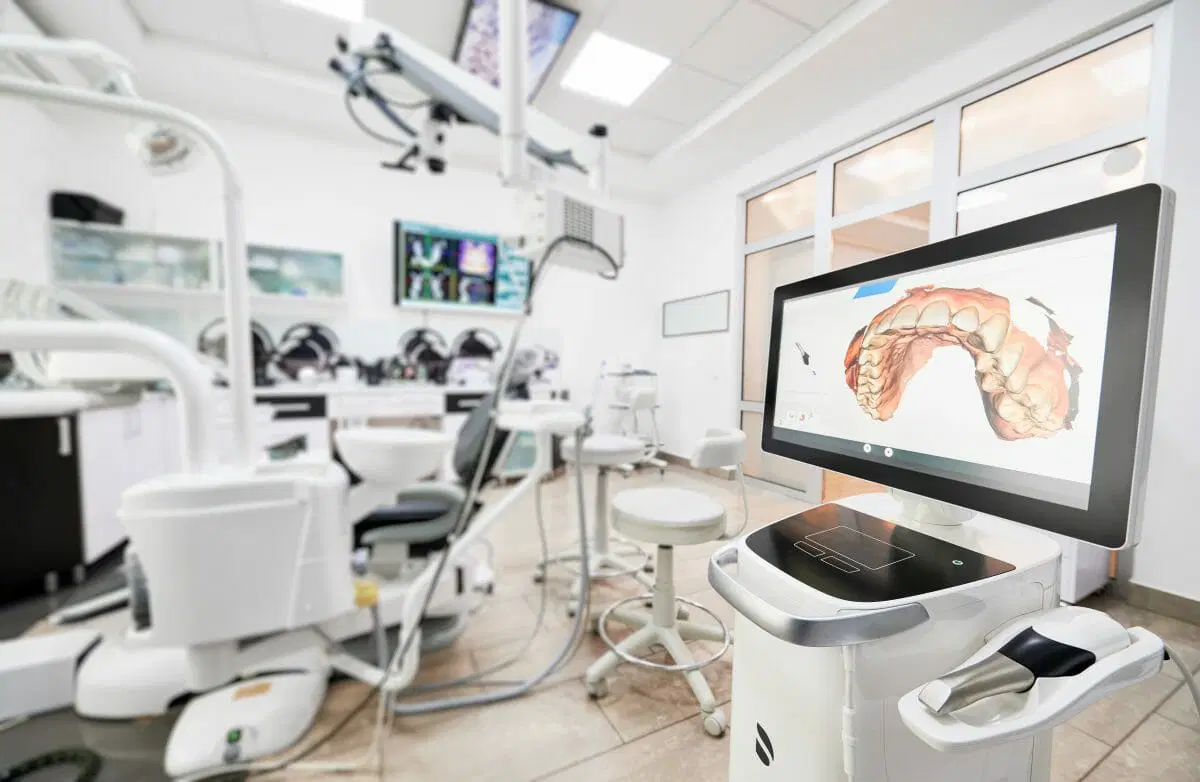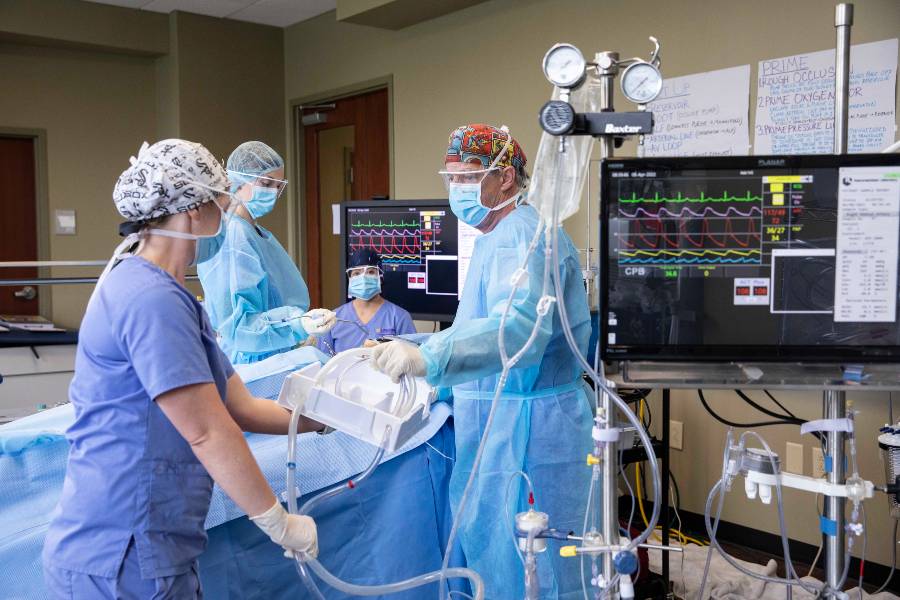Choosing a career path can be both exhilarating and confusing. Today, we’re pitting two popular healthcare professions against each other: radiology tech and nursing. Both careers offer rewards and challenges, but the crux of the matter is: is radiology tech school harder than nursing school? Let’s delve into the nitty-gritty.
Is Radiology Tech School Harder Than Nursing School?
The million-dollar question everyone wants to know. While both are strenuous in their own right, they have unique challenges that could make one more demanding than the other depending on personal aptitude and interest.
The Underlying Basics of Radiology Tech Education
Radiology tech programs offer a blend of theory and practice. Students engage in a comprehensive study of anatomy, patient care, and of course, radiological imaging techniques. You’ll also familiarize yourself with medical terms and imaging equipment.
Anatomy of a Radiology Tech Program
A typical radiology tech program consists of an Associate Degree that takes around two years to complete. This is followed by certifications and licenses that you will need to practice professionally.
Duration of the Radiology Tech Program
Time flies when you’re learning something new. In the case of radiology tech school, you’re looking at an average of 24 months, often filled with intensive coursework and practical training.
Subjects Covered in Radiology Tech School
From mastering X-rays to diving into computed tomography, the subjects in radiology tech school can be vast and complex. Other courses include radiation safety, anatomy, and medical ethics.
Skill Set Required for Radiology Tech
Technological prowess, precision, and patient care are some of the critical skills required for a successful career in radiology tech.
The Underlying Basics of Nursing Education
Nursing school focuses more on direct patient care, including diagnosis, treatment plans, and medical documentation. You’ll cover a broad range of subjects to prepare you for a versatile career.
Anatomy of a Nursing Program
Nursing programs usually start with a Bachelor of Science in Nursing (BSN) degree, which takes around four years to complete. This prepares students for state licensure exams.
Duration of the Nursing Program
Nursing school usually spans four years, excluding the time needed to pass the NCLEX exam and receive state licensure.
Subjects Covered in Nursing School
The subjects covered in nursing school range from pharmacology and pathology to patient care and ethics. It’s a broad spectrum of courses aiming to equip you with comprehensive skills.

Skill Set Required for Nursing
Empathy, attention to detail, and adaptability are crucial skills for nursing. These are combined with a comprehensive understanding of medical procedures and patient care.
Points of Comparison
Course Duration Comparison
While nursing programs are generally longer, the content in radiology tech programs can be equally rigorous. It’s less about the length and more about the intensity of the subjects.
Financial Aspects
Both fields require significant financial investments for quality education. However, nursing school often comes with higher tuition fees and longer duration, making it potentially more expensive.
Job Prospects for Both Careers
Both fields are experiencing a surge in demand. However, the Bureau of Labor Statistics suggests a slightly higher growth rate for nursing positions.
Stress Levels in Both Professions
Radiology techs work in a more controlled environment, usually scheduled appointments. Nurses often deal with emergencies, making the job more stressful at times.
Flexibility in the Field
Nursing offers more flexibility in terms of areas of specialization. Radiology techs are generally limited to imaging-related tasks.
Complexity of Subjects
Both fields have complex subjects. However, the focus varies—radiology tech is more equipment-oriented, while nursing is more patient-centered.
Skill Set Comparisons
Radiology techs need to be technologically savvy, whereas nurses need to be versatile in patient care.
Practical Experience
Both fields offer abundant practical experience, but the settings differ. Nurses get experience in various healthcare settings, while radiology techs usually work in imaging departments.
Specialization Options
Nursing offers a wider range of specialization options compared to radiology tech, from pediatrics to oncology.
Accreditation and Licensing
Both fields require accreditation and state licensure, but the exams differ in complexity and focus.
Exams and Certifications
Both careers have their exams. Nurses take the NCLEX, and radiology techs usually take the ARRT examination for certification.
Career Advancements
Advancements in both careers often require further education and specialization.
Real-life Testimonies from Radiology Techs and Nurses
Hearing from those in the field can offer invaluable insights. Some find radiology tech school more demanding due to its technical focus, while others find nursing more challenging due to its emotional toll.
Conclusions
Is radiology tech school harder than nursing school? There’s no one-size-fits-all answer. Both fields have unique challenges and rewards, and what may be difficult for one person could be easier for another. The best path is one that aligns with your interests and strengths.
Frequently Asked Questions
Q-What is the average salary for a radiology tech and a nurse?
The average salary for both careers varies by location and specialization, but both offer competitive salaries.
Q-Is it easy to switch from nursing to radiology tech or vice versa?
Switching involves re-education and licensure, making it a considerable commitment.
Q-Do radiology techs and nurses work together?
Yes, both professionals often collaborate in healthcare settings for patient care.
Q-How long does it take to become specialized in either field?
Specialization usually requires additional years of study and often another certification.
Q-Which career offers more flexibility?
Nursing generally offers more flexibility due to a broader range of specializations.
Q-Are there online programs available for both?
Yes, online programs are available, but practical training is usually required.











